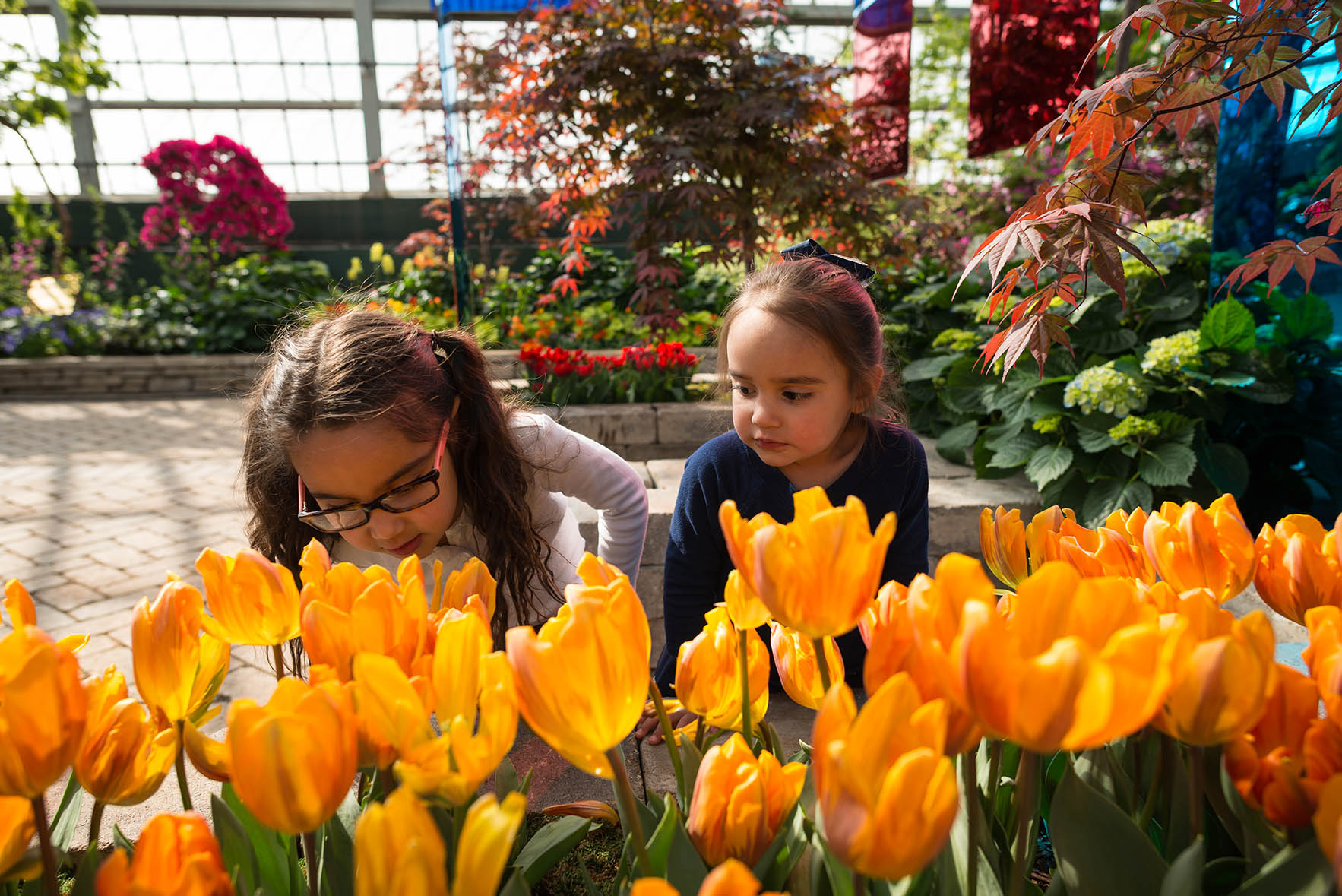Quality of Life

Improving quality of life for Chicago residents has been a central priority to Mayor Emanuel since taking office in 2011. From neighborhood development and expanded access to the lakefront, to improved healthcare and efficient public transportation, Mayor Emanuel has invested in infrastructure, programs, and services to make Chicago a great place to live, work, and visit. This commitment means championing diversity and investing in quality of life for all residents, across all of Chicago’s 77 neighborhoods, in aspects of community life like accessibility, public health, food access, and recreation.
-
Today 1.5 million commuters ride Chicago’s trains and buses every day, with 91 percent of transit users reporting that they’d recommend CTA services. Nearly one-third of Chicago’s “L” tracks have been rebuilt for faster and smoother rides, and rail cars from the 1970’s have been replaced with the latest models. More than three dozen “L” stations have been overhauled, many rebuilt into sleek, steel-and-glass outposts. There are new elevators, wider platforms, high-definition security cameras, and works by renowned artists.
-
In 2014, the City licensed and created a regulatory structure for rideshare companies, ensuring every neighborhood has access to safe and reliable transportation options, while creating more than 66,000 jobs. Chicago also became the first city nationwide to implement a rideshare surcharge to directly fund public transit, with $37 million in ride tax revenues dedicated to CTA infrastructure improvements that benefit all Chicago neighborhoods.
-
Since taking office in 2011, Mayor Emanuel has partnered with the Chicago Department of Public Health to pursue progressive policies and programs to improve the health of Chicago residents. Key efforts over the last eight years include: expanding access to healthy food; raising the age of tobacco sales to 21; reaching record low levels of teen pregnancy and HIV diagnoses; and championing the nation’s strongest environmental protections.
-
Over the last eight years, Mayor Emanuel has fought to bring new grocery stores to neighborhoods across the city, especially in communities that had few options previously. Whole Foods opened its doors in Englewood in 2016 and a new Jewel open in Woodlawn in early 2019, the first grocery store in the neighborhood in 50 years.
-
The number of City and independently operated farmers markets has nearly doubled, from 31 in 2011 to 60 in 2018. Twelve of the 14 city-operated markets now accept SNAP and Link cards, offering opportunities for residents from low and very-low income communities to use nutrition assistance to purchase fresh produce and more. Additionally, there are now 34 community-managed gardens and open spaces where healthy food is grown—all added since 2011—including 62garden in Woodlawn and Dorchester Community Garden in South Shore.
-
The Park District’s Night Out in the Parks series now delivers 2,000 cultural events to more than 300,000 Chicago residents across all 77 community areas and 50 wards.
-
The Mayor’s Chicago Plays! initiative has renovated or created 365 playgrounds across the city in five years, from Essex Park in South Shore to Murray Park in West Englewood.
-
In 2018, Mayor Emanuel tasked city departments and policy experts to develop the Youth Quality of Life Index and Scorecard, a first-of-its-kind measurement of Chicago’s youth investments over time and a tool to score future budgets and policies for potential impact.
Read more about the Quality of Life progress made over the last eight years.
